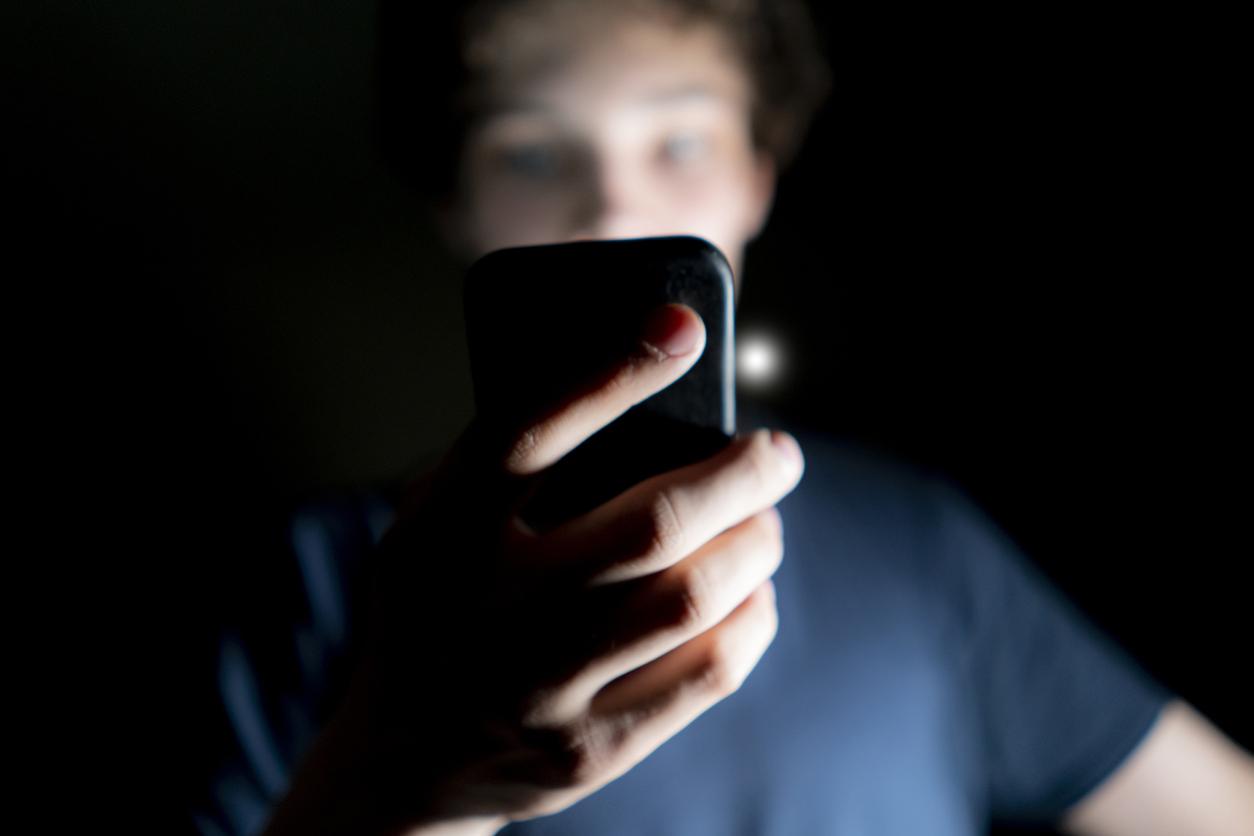American doctors report the first case of addiction to Google Glass. This is a 31-year-old American who wore them until 6 p.m. a day. He seemed in need when he was deprived of it.

Still in the experimental phase, Google Glass makes it possible to connect to the internet via Bluetooth. This mount has a small screen on the right and a touchpad on the temple to connect. This device, which also works by voice, also allows you to take photos and make videos. Very popular with fans of new technologies, are they safe?
Without answering this question, the media reported this Thursday of a first case of addiction to Google Glass. This is a 31-year-old American whose clinical case was recently described in the American magazine online Addictive Behaviors.
18 hours a day on the nose
In this surprisingly surprising story, the patient worked for the US Navy. He had been allowed to wear his Google Glass to work because it saved him time to gather information, and take pictures of the convoys. In addition, “his connected glasses aroused curiosity and this facilitated his exchanges with others”, explain the authors of this study.
Except that the awesome tool has become cursed. Because by dint of wearing them, the man had come to remove his Google Glass only to sleep or wash. In total, he wore this device for up to 18 hours a day. According to the scientists who relay this case, “he was starting to live his dreams through a screen resembling that of the device. “
An addiction harder to cure than alcohol?
So, in an attempt to cure the man, who had a history of mood disorders and heavy drinking problems, doctors invited him to rehab at a Navy health center in San Diego. (California) in September 2013. During the 35 days that the man spent there, the medical team realized that in addition to his alcohol addiction, the patient was also addicted to Google Glass, which he had been withdrawn upon admission. For example, during medical interviews, he involuntarily brought his right hand to his temple and patted it with his index finger, as if he was still wearing his Google Glass.
These doctors also say that at the beginning of his cure, the patient showed signs of significant frustration and irritability, linked to the fact that his Google Glass had been taken from him.
“Being weaned from this device was much worse than weaning from alcohol,” he told the psychiatrists who followed him.
Progress at the end of care
However, at the end of the treatment, the patient saw his condition improve. He was less irritable and had less tic of putting his hand to his temple. His short-term memory had also improved. But he still dreamed at times through a screen. Asked by Agence France Presse (AFP), the American firm Google refused to comment on this study.
“Technologies have many benefits for individuals and for society. However, excessive use of any substance or technological tool will be associated with physiological and emotional dysfunctions, as in the case of this patient, ”concludes researcher Andrew Doan who led the study in the“ Mental Health ”department of the Center. from San Diego.
.

















